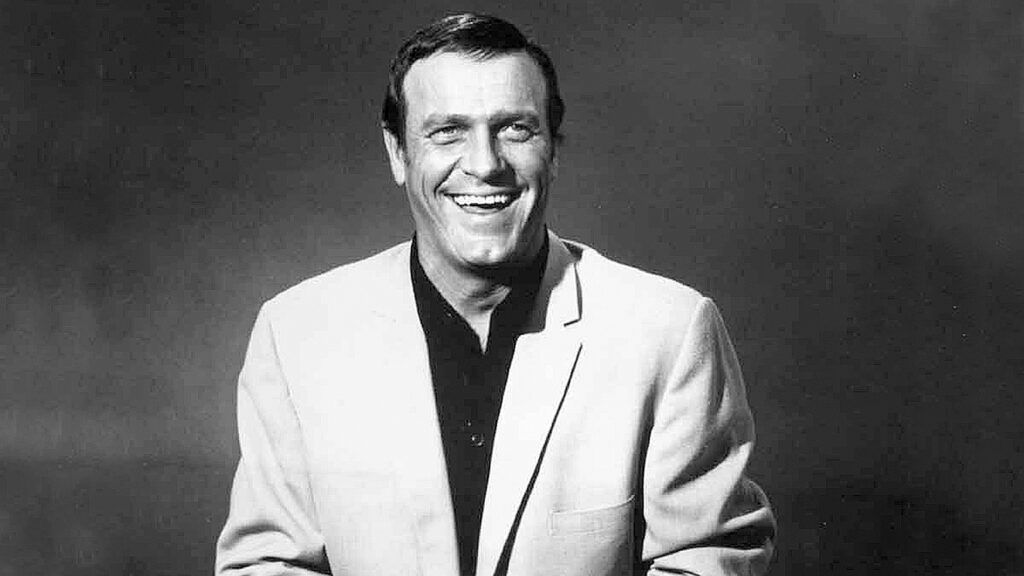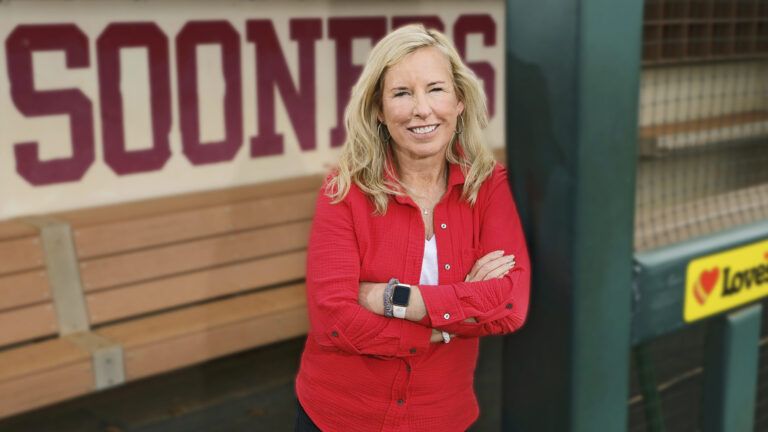When I was a kid growing up in the hills of Tennessee, we farmed 200 acres with mules, and the most headstrong, stubborn, cantankerous one of them all was old Tobe. On Sundays, the animals’ day of rest was well as ours, Tobe had to stay in the barn while the other mules were turned out to pasture, or else he’d jump the fence and run off.
When anyone asked Dad why he put up with him, his answer was always the same. “Behind the plow,” he’d say, “Tobe comes up to standards.”
That was Dad’s philosophy in a nutshell. He wasn’t bothered by surface differences and idiosyncrasies in people or mules. Standards, that’s what he cared about.
Dad died when I was 11, and we had to sell the farm, staying on as sharecroppers. Those were hard years, but Mother’s smile and her indomitable faith never wavered. She gave me my first music lesson, teaching me how to pick out Sweet Bunch of Daisies on a borrowed guitar. Before long I was performing at most every picnic or church supper around. Our hill-country neighbors liked my songs so well I decided I would make a career of singing.
At 17 I left home for the radio station in Jackson, 18 miles away—and discovered how awful I really was. I didn’t come up to even minimum musical standards, but I made up my mind I would practice until I did. In order to eat, I took a job driving a hearse for a funeral home. I was given a room and 25 cents a run, and the rest of the time I could practice my music. Occasionally I’d make a dollar playing at a square dance.
After Jackson came Memphis, St. Louis, Louisville; but the type of taverns and clubs and dives which booked me were wrong for my kind of singing. The clientele was usually loud and bawdy, interested in off-color lyrics, while I specialized in country ballads. I’ll never forget the night a drunk dumped a stein of beer into my new guitar because I wouldn’t play his favorite barroom song.
But you see, I couldn’t play that kind of music because of those standards. And finally when I was good enough some of the right folks took notice and I began playing for audiences who liked what I had to give.
By now, though, my wife, Sally, and I had two kids and I worried about being away from home so much. I knew what a family is without a dad, and so when Jo-Ann and Dick reached their early teens, I quit the circuit to spend more time with them—and entered the most frustrating few years of my life. We couldn’t seem to see eye to eye on anything—clothing, hair, school work, hours, duties around the house. The more I cracked down, the more mulish they became.
And that’s when I got thinking about old Tobe. He was an aggravating critter all right, headstrong and self-willed, ill-disposed to restraint. But out in the field, where it mattered, Tobe came up to standards.
And so I stopped preaching and started doing some listening—and made a discovery about my kids and a lot of others today. Externally their life style may be different from my generation’s. But where standards are concerned—for things like honesty, perseverance, courage to stand up for what they believe is right—they often do better at reaching them than some of us.
Not long ago I saw an example of this. My son Dick told me he was going to apply for a job in the news department of a TV station. “That’s great, Dick,” I said. “I know the general manager. I’llgo down and put in a good word.”
He frowned. “I’d rather go alone,” he said. “If I’m not good enough yet to do the job, I shouldn’t get it.”
At first I was a little hurt. Then I realized what he was saying. He wanted to be up to standards. I felt as proud of him that minute as when he came home shouting, “Dad, I got the job!”
For more inspiring stories, subscribe to Guideposts magazine.





